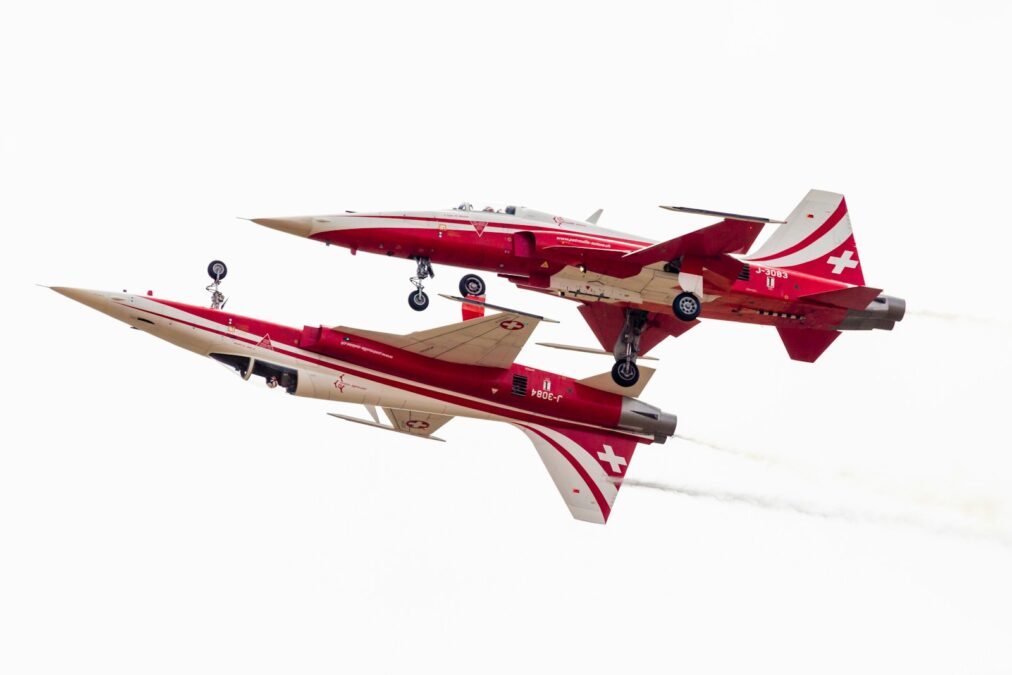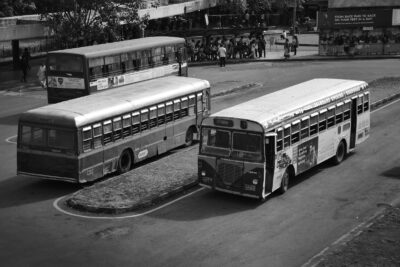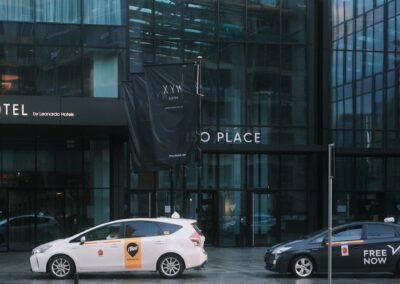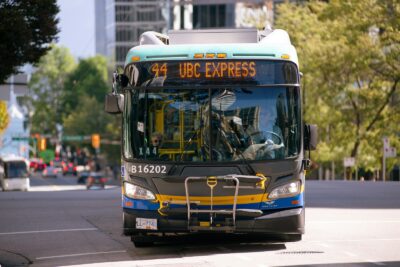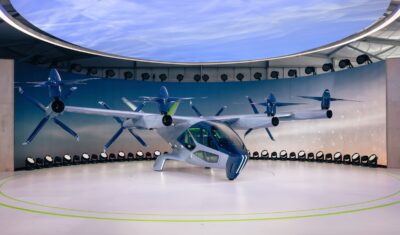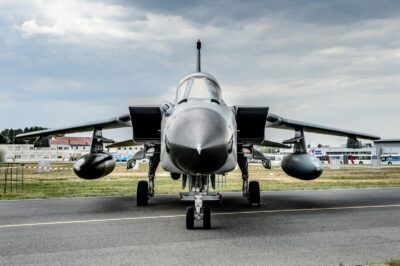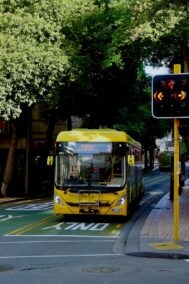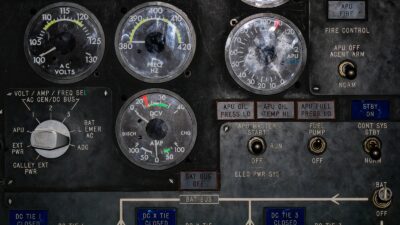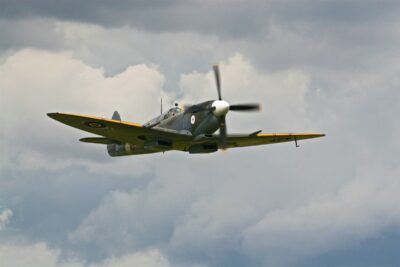Redefining Sustainable Aviation with Electric Aircraft
Introduction to Electric Aircraft for Urban Mobility
Electric aircraft offer quieter operation compared to conventional jet engines, reducing noise pollution in urban areas and near airports. As cities grapple with the challenges of urbanization and environmental sustainability, the emergence of electric aircraft presents a promising solution for transforming urban mobility. By harnessing clean energy technologies, electric aircraft not only mitigate the adverse impacts of noise pollution but also pave the way for sustainable aviation practices that align with the goals of Saudi Arabia, the UAE, and other forward-thinking nations.
Innovations in electric propulsion systems and battery technologies have enabled the development of electric aircraft that are capable of delivering quiet, efficient, and environmentally friendly transportation solutions. These aircraft leverage electric motors powered by rechargeable batteries, eliminating the need for traditional fossil fuels and reducing greenhouse gas emissions. As a result, they offer a compelling alternative to conventional aircraft for short-haul flights, sightseeing tours, and urban air mobility services, revolutionizing the way people travel within and between urban centers.
Advantages of Electric Aircraft for Noise Pollution Reduction
The adoption of electric aircraft holds significant advantages for noise pollution reduction, particularly in densely populated urban areas and near airports. Unlike conventional jet engines, which produce loud engine noise during takeoff and landing, electric propulsion systems operate quietly, minimizing disturbances to residents and communities. This reduction in noise pollution not only enhances the quality of life for urban dwellers but also addresses regulatory concerns regarding airport noise levels and environmental impact.
Furthermore, electric aircraft offer greater flexibility in flight operations, enabling them to access urban landing sites and helipads that are off-limits to traditional aircraft due to noise restrictions. This accessibility enhances connectivity within urban centers, facilitating faster and more convenient travel options for commuters, tourists, and business travelers. Additionally, the quieter operation of electric aircraft opens up new opportunities for nighttime flights and urban air mobility services, further optimizing the utilization of airspace and infrastructure in urban environments.
Applications and Future Perspectives
The applications of electric aircraft for urban mobility are diverse and far-reaching, encompassing a wide range of use cases and scenarios. In addition to passenger transportation, electric aircraft are well-suited for applications such as medical evacuation, aerial surveys, cargo delivery, and law enforcement. In Saudi Arabia and the UAE, where urbanization and economic development are driving demand for efficient transportation solutions, investments in electric aircraft technology are accelerating, supported by government initiatives and private sector partnerships.
Looking towards the future, the integration of electric aircraft with emerging technologies such as Artificial Intelligence and Blockchain holds the potential to further optimize urban mobility and airspace management. AI-powered traffic management systems can intelligently route electric aircraft to minimize congestion and maximize efficiency, while Blockchain technology can enhance transparency and security in transactions related to urban air mobility services. By embracing these technologies, cities can unlock new possibilities for sustainable urban transportation and enhance the quality of life for residents.
In conclusion, electric aircraft represent a transformative innovation in urban mobility, offering quieter, cleaner, and more sustainable transportation solutions for cities around the world. For business executives, mid-level managers, and entrepreneurs in the aerospace and transportation sectors, understanding the potential of electric aircraft is essential for driving innovation, achieving competitive advantage, and contributing to a greener, more livable urban environment. By embracing electric aircraft technology, we can pave the way towards a future where cities are connected, accessible, and environmentally sustainable.
—
#electricaircraft #urbanmobility #noisepollutionreduction #sustainableaviation #aerospacetechnology #SaudiArabia #UAE #moderntechnology #businesssuccess

